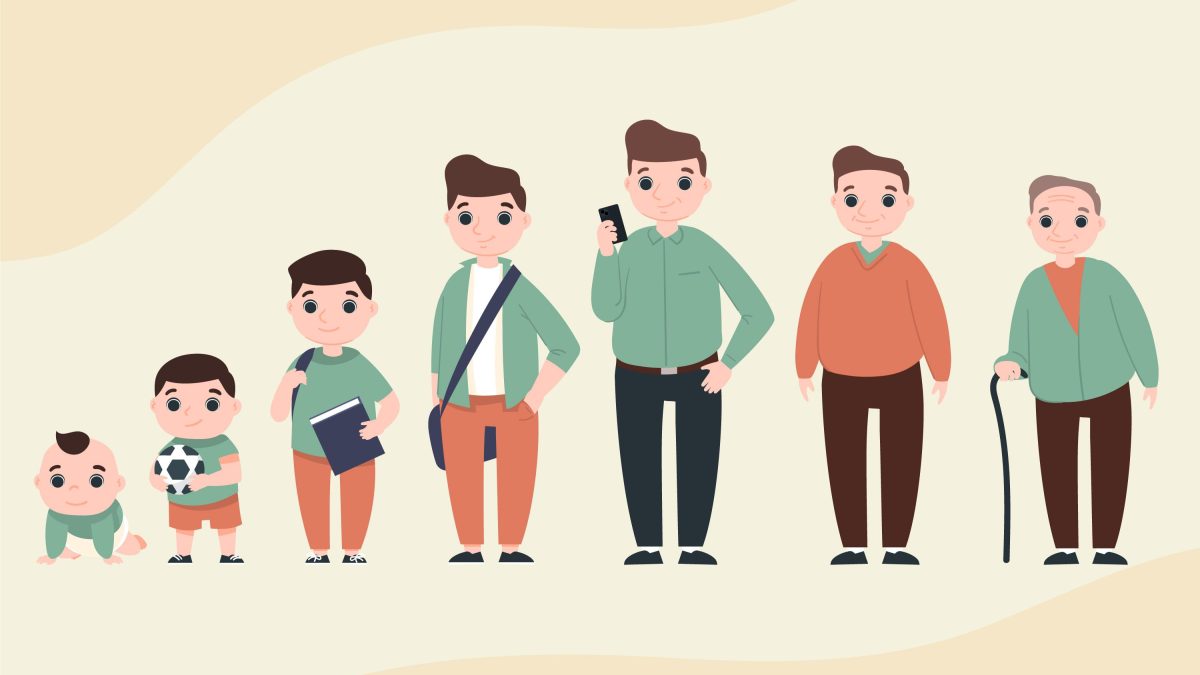Disclosure: Small Business Philippines strives to provide relevant and accurate information in all its articles. However, some information in our articles may differ or might be outdated from what you can see or read directly from the establishments’ or businesses’ websites. Please get in touch with us directly for any discrepancies.
Minor age refers to individuals who are not yet legally considered adults. Typically, this age is under 18, although it varies by country. Minors have certain restrictions in legal, financial, and social contexts to protect their well-being and development.
- What is Minor Age?
- Why is Minor Age Important?
- When Does Minor Age End?
- Where Does Minor Age Apply?
- How Does Minor Age Affect Legal Decisions?
- Step-by-Step Guide: Understanding Legal Protections for Minors
- Examples of Legal Protections for Minors
- Tips for Parents and Guardians
- Understanding Minor Age in Different Countries
- Key Takeaways
What is Minor Age?
Understanding minor age is crucial for many aspects of society. It is the age at which individuals are legally considered incapable of making certain decisions independently. Governments and legal systems use this distinction to protect minors from exploitation and harm.
Why is Minor Age Important?
Minor age is important because it establishes a clear boundary for legal responsibilities and rights. It ensures that children and teenagers receive adequate protection and guidance. This helps in their development and prevents them from facing situations they are not yet equipped to handle.
When Does Minor Age End?
The end of minor age, or the age of majority, is when a person is legally recognized as an adult. This age varies globally. In most countries, it is 18. However, some places might have different ages for various responsibilities, such as drinking, voting, or marrying.
Where Does Minor Age Apply?
Minor age applies in various aspects of law and society. It influences legal rights, such as entering into contracts, owning property, and facing criminal charges. Schools, workplaces, and healthcare also consider minor age when making decisions about individuals.
How Does Minor Age Affect Legal Decisions?
Legal decisions involving minors often include additional considerations for their protection. Courts and legal systems have specific procedures for cases involving minors, ensuring their best interests are prioritized. Guardians or parents usually represent minors in legal matters.
Step-by-Step Guide: Understanding Legal Protections for Minors
- Identify the Age of Majority: Determine the legal age of adulthood in your country.
- Know the Restrictions: Understand the specific legal restrictions placed on minors, such as voting, alcohol consumption, and driving.
- Legal Representation: Learn about the role of guardians or parents in representing minors in legal issues.
- Education and Work: Know the regulations around minors working and their rights in educational settings.
- Healthcare: Familiarize yourself with healthcare rights and restrictions for minors.
Examples of Legal Protections for Minors
- Employment Laws: Minors often have restrictions on working hours and types of employment.
- Consent Laws: Parental consent is usually required for medical procedures.
- Criminal Law: Juvenile courts handle cases involving minors, with a focus on rehabilitation.
Tips for Parents and Guardians
- Stay Informed: Keep up-to-date with local laws regarding minors.
- Educate Minors: Teach children about their rights and responsibilities.
- Legal Advice: Seek legal advice when necessary to protect minors’ interests.
Understanding Minor Age in Different Countries
Minor age varies globally, influencing how societies manage youth development. In some countries, minors can marry or work at younger ages, reflecting cultural and legal differences.
Key Takeaways
Understanding minor age is crucial for protecting young individuals. Recognizing the legal distinctions helps ensure minors are safe and their rights are upheld. Guardians, parents, and society play essential roles in guiding minors through this phase.



